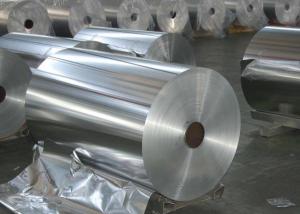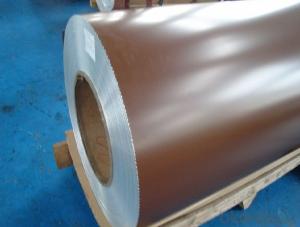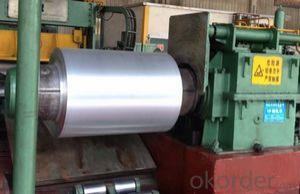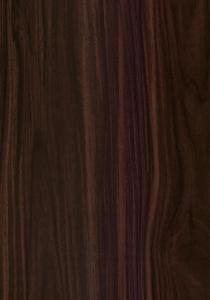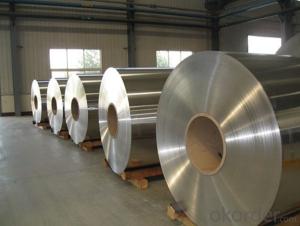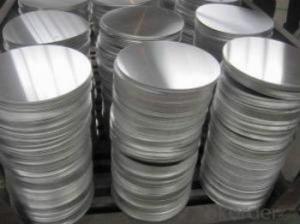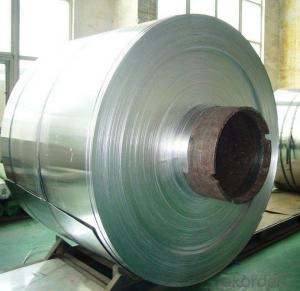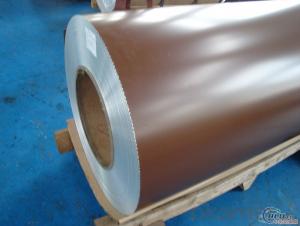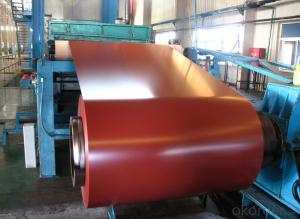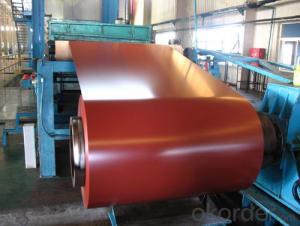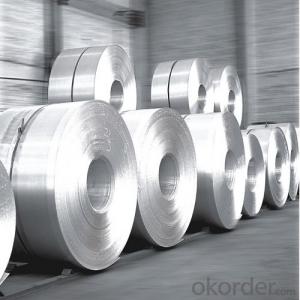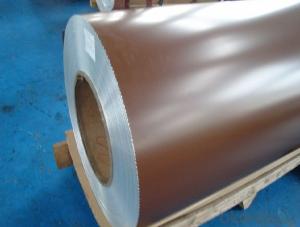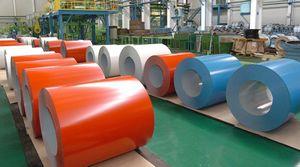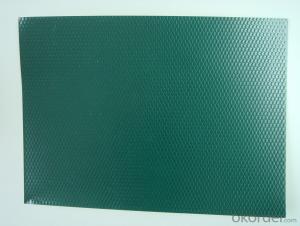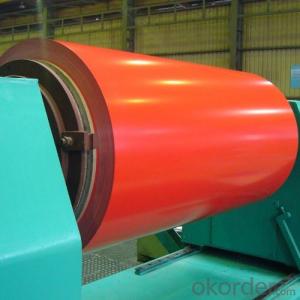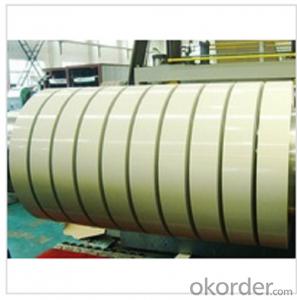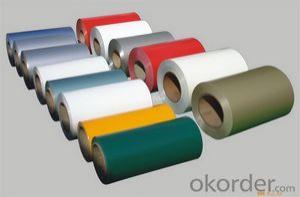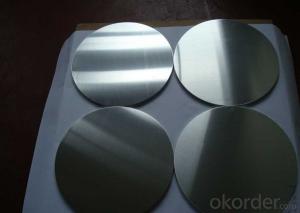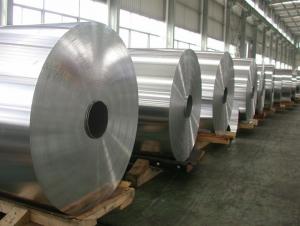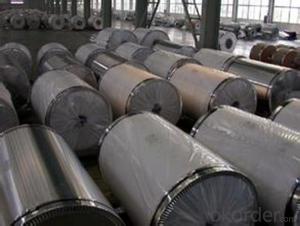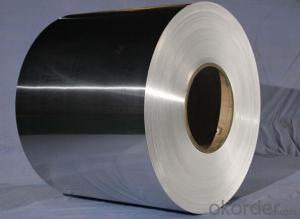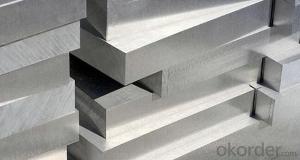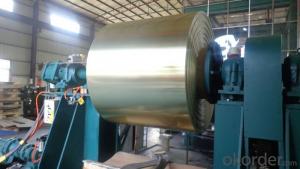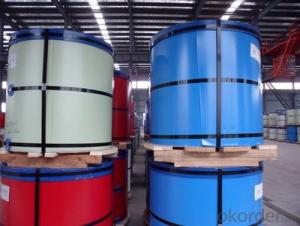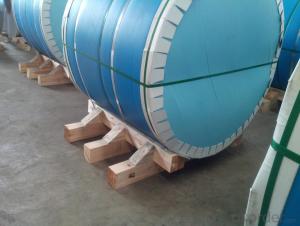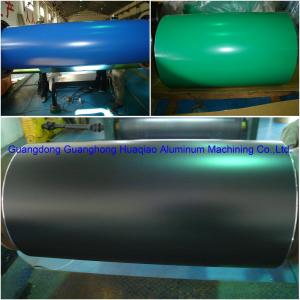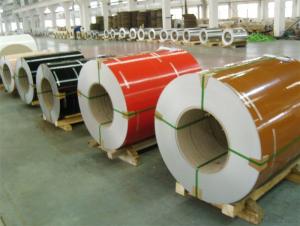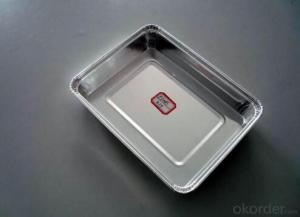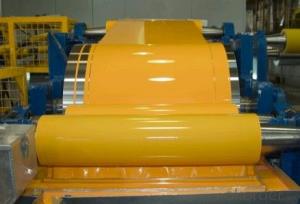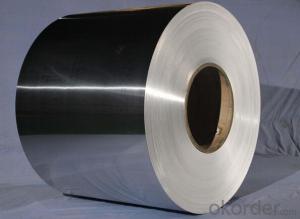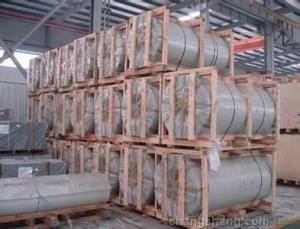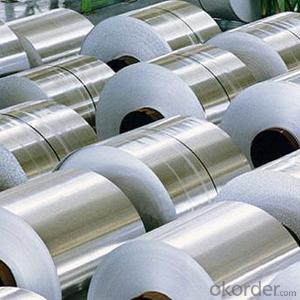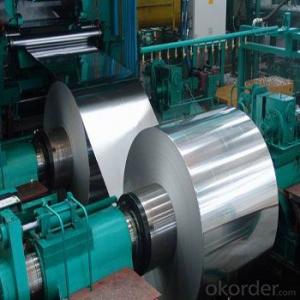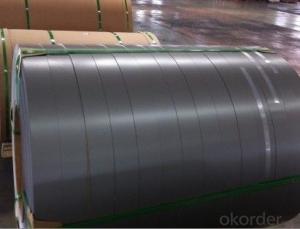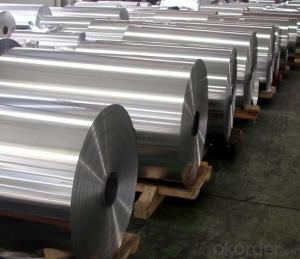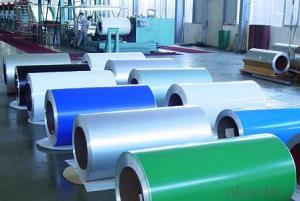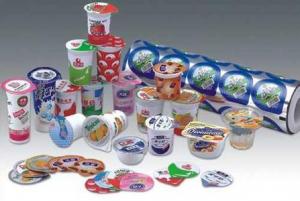3003 Aluminum Coil
3003 Aluminum Coil Related Searches
Aluminum Coil 3003 3003 Aluminum Foil 032 Aluminum Coil 030 Aluminum Coil 032 Aluminum Coil Stock Aluminum Alloy Coil 3 4 Aluminum Tubing Coil Aluminum Copper Coil Coil Aluminum Copper Aluminum Coil Aluminum Wire Coil 3105 Aluminum Coil Aluminum Strapping Coil Aluminum Coil Pipe 5005 Aluminum Coil Aluminum Ac Coil 1100 Aluminum Coil Aluminum Tubing Coil Aluminum Coil 1100 3 8 Aluminum Tubing Coil Anodized Aluminum Coil Aluminum Siding Coil 3/4 Aluminum Tubing Coil 003 Aluminum Foil Aluminum Tube Coil Aluminum Strip Coil Roll Aluminum Coil Brazing Aluminum Coil Aluminum A Coil Aluminum Evaporator Coil3003 Aluminum Coil Supplier & Manufacturer from China
3003 Aluminum Coil is a popular choice among aluminum products due to its excellent corrosion resistance and formability. This alloy is widely recognized for its ability to be easily welded and its high resistance to atmospheric corrosion, making it suitable for a variety of applications. The 3003 Aluminum Coil is commonly used in applications such as chemical equipment, marine applications, fuel tanks, and heat exchangers, where its combination of properties is highly beneficial. Okorder.com is a leading wholesale supplier of 3003 Aluminum Coil, offering a vast inventory to meet the diverse needs of customers. With their extensive stock, Okorder.com ensures that customers can find the specific 3003 Aluminum Coil they require for their projects, providing a reliable source for this essential material.Hot Products
